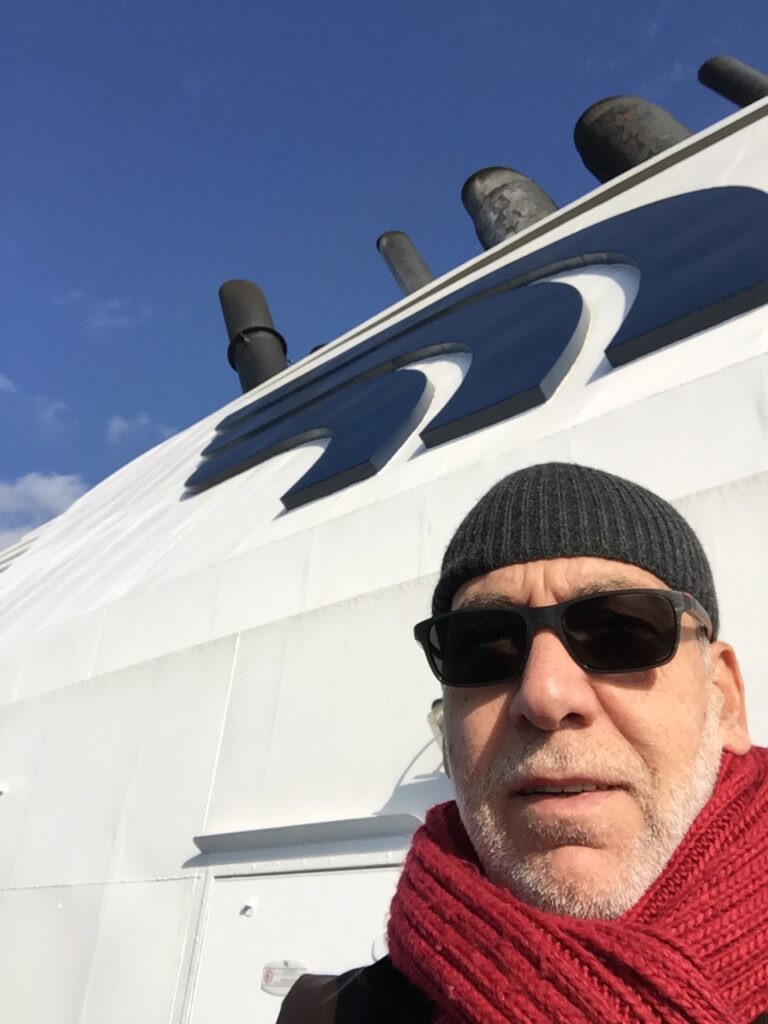The conflict tends to reduce relations
to a “friend-enemy” logic,
while the crisis is a more complex situation
crossed by tensions and contradictions that lead individuals
and groups to hesitate about the conduct to follow because
it calls into question rules and institutions.
Il conflitto tende a ridurre le relazioni a una logica “amico-nemico”, mentre la crisi è una situazione più complessa
attraversato da tensioni e contraddizioni che portano gli individui
e gruppi a esitare sulla condotta da seguire perché
chiama in causa regole e istituzioni.
The conflict ends with the affirmation of one of the parties that imposes future conditions on the vanquished or with a mutual recognition of rights and duties, on the other hand, the crisis can occur in the absence of hostility and lead to a situation of widespread and generalized disorganization , without winners or losers.
Il conflitto si conclude con l’affermazione di una delle parti che impone condizioni future ai vinti o con un riconoscimento reciproco di diritti e doveri, d’altra parte, la crisi può verificarsi in assenza di ostilità e portare a una situazione diffusa di disorganizzazione generalizzata, senza vincitori o vinti.
The crisis causes a sudden, unexpected change, alters the ordinariness of social action and causes a condition, even prolonged, of uncertainty and imbalance, that is to know how to identify the choice in moments of crisis correct to do.
It originates, differently from the conflict, from forecasting difficulties while the conflict is usually the evolution of the situation when negotiations and mediations seem to give sterile results.
La crisi provoca un improvviso, inaspettato cambiamento, altera l’ordinarietà dell’azione sociale e provoca una condizione, anche prolungata, di incertezza e squilibrio, ovvero sapere come identificare la scelta nei momenti di crisi giusti da fare.
Nasce, diversamente dal conflitto, dalle difficoltà di previsione mentre il conflitto è di solito l’evoluzione della situazione in cui negoziati e mediazioni sembrano dare risultati sterili.
Take my course:
Seguite il mio corso:
Romano Pisciotti: italmotor@gmail.com
After an important experience as a naval officer, Romano worked on behalf of important international companies (Pirelli, for example) in Italy (his country of origin), Argentina, Brazil, Egypt and Nigeria with full responsibility, in a managerial position.
He actively participated in the start up of new operating units in Italy and abroad;
has been fully involved in the restructuring of companies and the increase in commercial activities. In his various experiences, Romano has led multi-ethnic work teams even in stressful environments.
He lived for over five years in Nigeria, where he had relevant experience as general manager of large industrial groups and in logistics; the current activities still tie him to Africa, in Lagos, as responsible for the development of new strategies in Nigeria for the IVECO, heavy vehicles company.
Romano has never neglected professional updating by continuously following courses at qualified universities.






